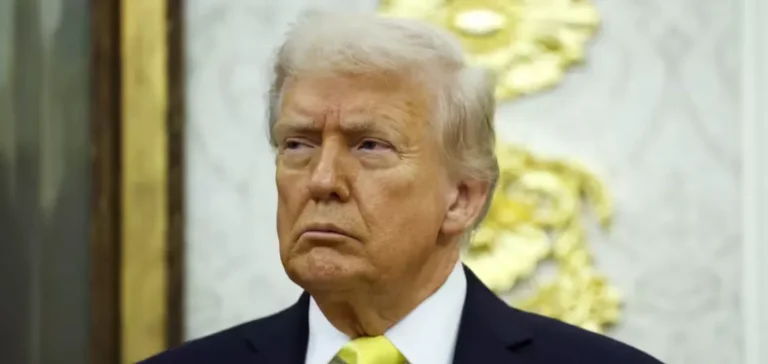United States President Donald Trump admitted to authorising covert operations by the Central Intelligence Agency (CIA) in Venezuela, citing reasons related to drug trafficking and domestic security. This disclosure follows reports of targeted strikes at sea and a large naval deployment off Venezuela’s coast, officially framed as part of an anti-narcotics operation. The US administration considers President Nicolas Maduro to be heading a regime labelled as “narco-terrorist”.
Trump declined to confirm explicitly whether he had ordered the elimination of the Venezuelan head of state but emphasised the existence of ongoing operations. At least five suspected drug trafficking vessels were destroyed in international waters by US forces, resulting in 27 fatalities. Eight warships and a nuclear-powered submarine were deployed, reinforcing the military presence in the region.
Immediate reaction from Caracas
The Venezuelan government denounced what it called a destabilisation attempt orchestrated by Washington, accusing the United States of engaging in “CIA-backed coups”. In an official statement, the Ministry of Foreign Affairs described the US operations as a “serious violation of international law” and expressed “deep concern” over the use of an intelligence agency for offensive purposes.
Amid rising tensions, Caracas launched a series of nationwide military exercises. President Maduro ordered troop deployments to border regions with Colombia, notably in the states of Tachira, Apure, and Amazonas, citing the need to defend Venezuela’s territorial integrity against foreign incursion.
Oil reserves in the background
Venezuela holds the world’s largest proven oil reserves. Venezuelan authorities believe the US accusations of drug trafficking serve as a pretext to justify an intervention aimed at seizing these resources. “They want to take control of our oil reserves under the guise of fighting narcotrafficking,” Nicolas Maduro said in a message broadcast on Telegram.
Military tensions are unfolding in an unstable regional context, where the porous border with Colombia is often used as a transit route for narcotics. Washington maintains its operations aim to dismantle drug trafficking networks, while Caracas views them as part of a broader strategy to undermine the current government.
Internal mobilisation and escalating rhetoric
Nicolas Maduro has mobilised armed forces, popular militias and police units to “defend the country’s hospitals, markets and vital infrastructure”. In a speech before the National Council for Sovereignty and Peace, he referred to historical CIA interventions in Latin America, citing military dictatorships and forced disappearances in Argentina and Chile.
No further statement has been issued by US authorities concerning potential ground operations, although President Trump suggested that new steps could be under consideration. “We’re looking at the ground now,” he said during a press briefing.






















